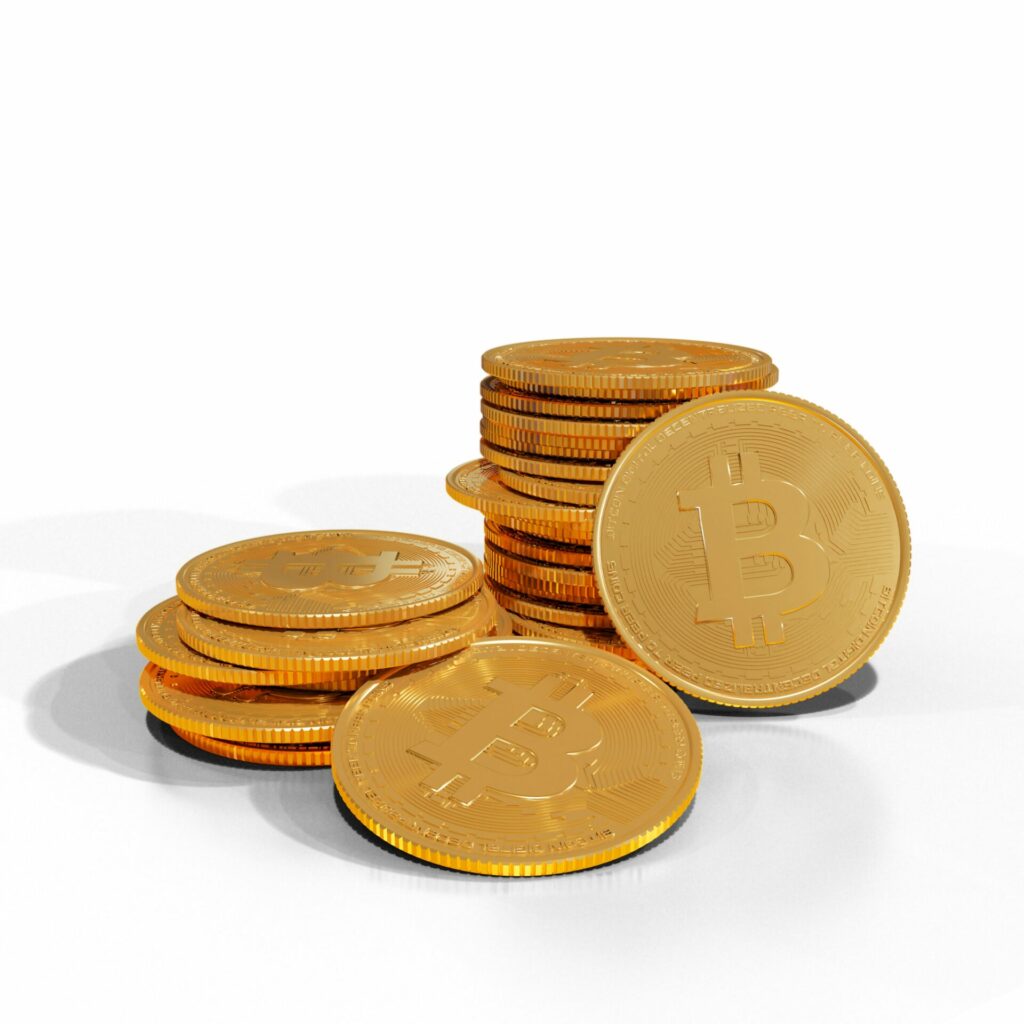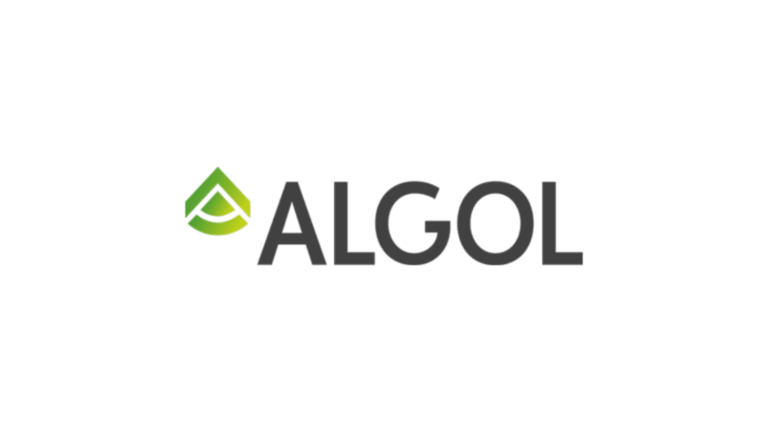
Virtual currency service providers are required to apply the global sanctions regime like any other financial service providers, as the sanctions regulations do not distinguish between digital assets and other forms of assets.
Several major virtual currency exchange and wallet service providers, such as Binance, Coinbase and Kraken, have already announced that they impose a range of sanctions, including freezing assets of individuals named in sanction lists, as well as refusing to accept payments from Mastercard and Visa cards issued in Russia. EU-based virtual currency service providers are already subject to EU sanction law as the EU Commission confirmed that digital assets fall under the notion of ‘transferable securities’; and are therefore subject to this type of sanction.[1]
Additional sanctions-oriented procedures are required to ensure compliance
Virtual currency service providers must ensure compliance with their legal obligations regarding sanctions. Internal rules designed to identify customers (such as KYC – Know Your Customer procedures) and customer due diligence measures applied in accordance with national anti-money laundering regulations can help with compliance; however, virtual currency service providers will need to implement additional sanctions-oriented procedures. It is advisable to take into account:
- using various updated sanction screening tools and blockchain analytics solutions to identify any virtual currency wallet associated with sanctions lists;
- revision and reassessment of customer risk profiles, taking into account changes in the scope of international sanctions;
- ensuring rigorous application of customer due diligence procedures to detect any potential sanction evasion; and
- close cooperation and information exchange with state regulatory authorities.
Red flag indicators published by the UK financial regulatory authorities
The UK financial regulatory authorities have recently published a joint statement on sanctions and the digital assets sector where they listed some red flag indicators that may suggest an increased risk of sanctions evasion.[2] They include:
- a customer who is resident in or conducting transactions to or from a jurisdiction which is subject to sanctions;
- transactions to or from a wallet address associated with a sanctioned entity, or a wallet address otherwise deemed to be high-risk;
- transactions involving a virtual currency exchange or wallet service provider known to have poor customer due diligence procedures;
- the use of tools designed to obfuscate the location of the customer (such as an IP address associated with a virtual private network or proxy) or the source of digital assets (such as mixers and tumblers); and
- other red flag indicators that are normally associated with money laundering or terrorist financing.
The global approach to regulation needs to be coordinated
Even though the EU, US and UK regulatory authorities have responded to possible sanctions evasion through the use of digital assets, it is not yet clear how to deal with virtual currency service providers based in jurisdictions with less advanced digital asset regulation. At its core, a global digital ecosystem such as virtual currencies require a coordinated global approach to regulation and oversight.
[1] European Commission’s press release (Brussels, 9 March 2022) ‘Ukraine: EU agrees to extend the scope of sanctions on Russia and Belarus’ <https://ec.europa.eu/commission/presscorner/detail/en/ip_22_1649> accessed 15 March 2022
[2] The Office of Financial Sanctions Implementation (OFSI), Financial Conduct Authority (FCA) and Bank of England (11 March 2022) ‘Joint statement from UK financial regulatory authorities on sanctions and the cryptoasset sector’ <https://www.fca.org.uk/news/statements/uk-financial-regulatory-authorities-sanctions-cryptoasset-sector> accessed 15 March 2022










